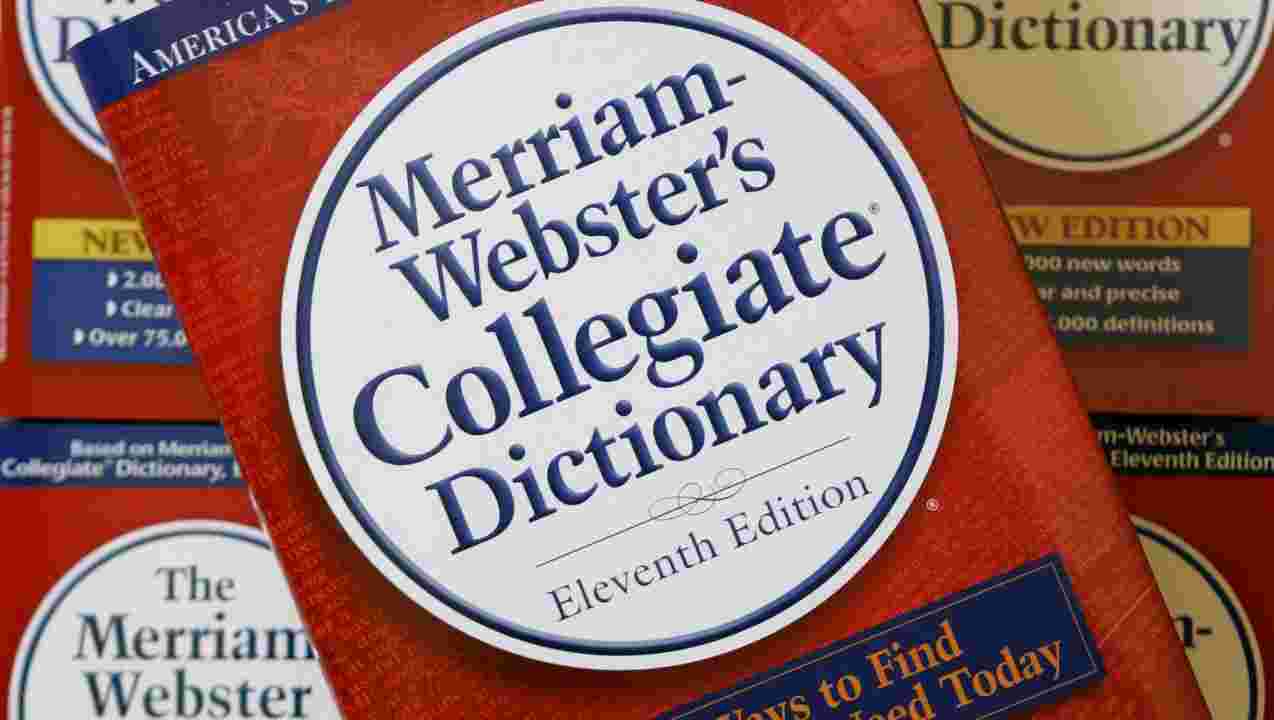Every year, Merriam-Webster Dictionary incorporates new words into their depths of definitions.
The words we use can tell us a lot about who we are and how we choose to express ourselves, and the same goes for the most popular terms of a collective group. 2018’s dictionary inductees help to reveal the current political and cultural zeitgeist. They can tell us which areas we’ve made progress in, while the absence of some words reveal where we need to focus our attention.
This year, Merriam-Webster incorporated more than 840 new entries. The majority of these are technology-related, since the tech industry has become an inextricable part of so many countries worldwide. Another number of entries are abbreviations of words, and yet another are identities and forms of self-expression.
Seventeen of the best dictionary inductees draw from these three categories, as well as others.
1. BOUGIE (ADJ.)
“Marked by a concern for wealth, possessions, and respectability.”
2. TL;DR (ABBREV.)
“Too long; didn’t read — used to say that something would require too much time to read.”
3. BINGEABLE (ADJ.)
“Having multiple episodes or parts that can be watched in rapid succession.”
4. FORCE QUIT (V.)
“To force (an unresponsive computer program) to shut down (as by using a series of preset keystrokes).”
5. AIRPLANE MODE (N.)
“An operating mode for an electronic device (such as a mobile phone) in which the device does not connect to wireless networks and cannot send or receive communications (such as calls or text messages) or access the Internet but remains usable for other functions.”
6. INSTAGRAM (V.)
“To post (a picture) to the Instagram photo-sharing service.”
7. BIOHACKING (N.)
“Biological experimentation (as by gene editing or the use of drugs or implants) done to improve the qualities or capabilities of living organisms especially by individuals and groups outside of a traditional medical or scientific research environment.”
8. MARG (N.)
A margarita. According to Merriam-Webster, the first known usage occurred in 1990.
9. FAVE (N.)
Favorite. This word is older than it looks: It dates back to 1938. (“Lester Harding, heavy fave here, clicks with pop songs,” was the first usage, according to the Oxford English Dictionary.)
10. ADORBS (ADJ.)
“Extremely charming or appealing : adorable.”
11. RANDO (N.)
According to Merriam-Webster, this “often disparaging” slang means “A random person: a person who is not known or recognizable or whose appearance (as in a conversation or narrative) seems unprompted or unwelcome.”
12. GUAC (N.)
Guacamole.
13. ZOODLE (N.)
“A long, thin strip of zucchini that resembles a string or narrow ribbon of pasta.”
14. HANGRY (ADJ.)
“Irritable or angry because of hunger.” People have been hangry (or at least using the word) since 1956.
15. MOCKTAIL (N.)
“A usually iced drink made with any of various ingredients (such as juice, herbs, and soda water) but without alcohol: a nonalcoholic cocktail.”
16. LATINX (ADJ.)
“Of, relating to, or marked by Latin American heritage—used as a gender-neutral alternative to Latino or Latina.”
17. GENERATION Z (N.)
The generation of people born in the late 1990s and early 2000s.

















